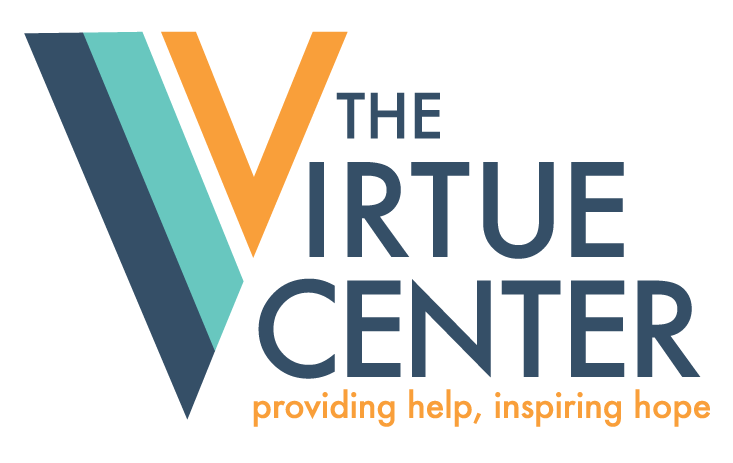EXPANDING YOUR KNOWLEDGE OF TREATMENT OPTIONS
As a person who works in recovery and is in recovery myself, I often forget that what I consider to be "basic" knowledge of the process or road to recovery may not really be so "basic". The first time I ever went to any type of drug or alcohol treatment I was 15 years old. I received outpatient services from an agency in Oklahoma City. I have been in and out of outpatient, inpatient and detox facilities from 2005-2015.
I started working in treatment as a technician at only 9 months sober at an agency in Arizona. This is where I became passionate about helping other people struggling with the same things that I once did. I have been working in the substance abuse field ever since. With all of that history, I recently had my opinion changed about my idea of "basic" recovery knowledge. I visited with a client several months ago who did not know what inpatient treatment consisted of, and as expected, there was fear of the unknown. I now understand that people can have false information or ideas about what it was like or what to expect when going to treatment. I often encounter clients in our "Addiction Information Series" who know nothing about treatment protocols and where or how to get help. This experience has helped me understand the need for information and education, not only about the disease of addiction, but how to help you or a loved one get help.
Addiction Information Series is a four week class consisting of four sessions. Each session is an hour and a half long. Session One consists of Trauma & PTSD, and just how and why that can play such a huge role in the disease of addiction. Session Two is about "Family Roles". We look at how the whole family plays a role in addiction and how the disease can affect everyone involved. We also take a look at co-dependency and where friends and/or family of a person struggling with substance abuse can receive help. In Session Three, we talk about the progression of the disease, and also take a glimpse into what dependency looks like. And finally in session Four, we talk about treatment options, which includes the process of getting help, what it looks like, and what to expect. This is open and available for anyone in the community. We encourage the whole family to attend to enhance the learning experience. Give the front desk a call at 405-321-0022 for more information, or you can reach out directly to me at ext. 244 or cklusmeyer@thevirtuecenter.org
Caleb Klusmeyer, Peer Recovery Support Specialist
